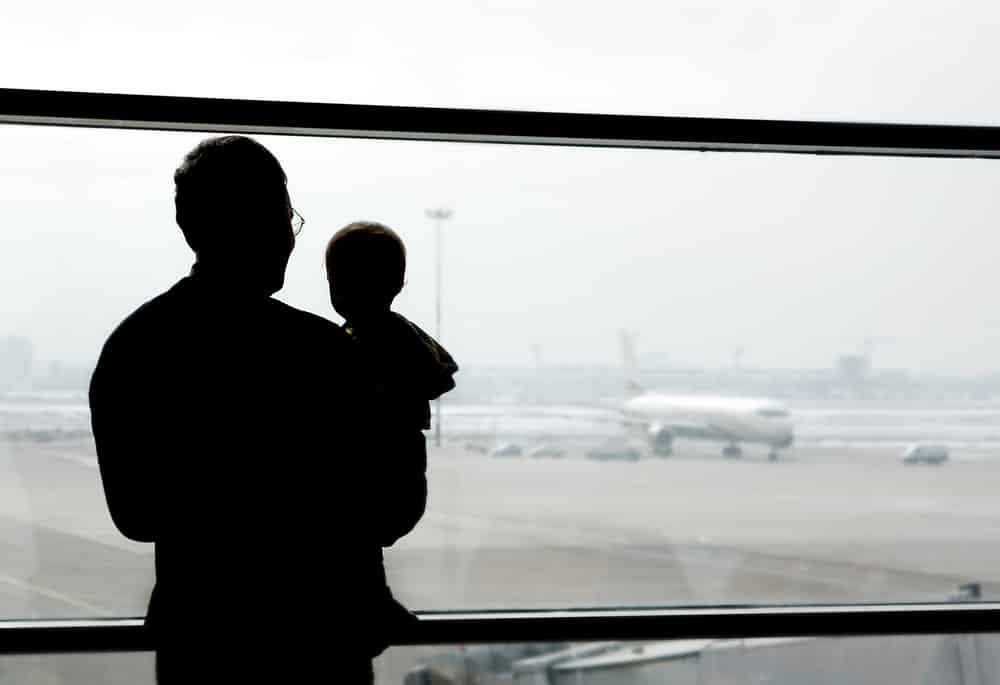In the spirit of Douglas Adams, author of “The Hitchhiker’s Guide to the Galaxy,” here are the answers to the questions:
The answer is not “42.”
However,
–the internet is a type of universe.
–surfing the internet is a more efficient, economical type of travel.
–“It is known that there are an infinite number of worlds, simply because there is an infinite amount of space for them to be in.
–“Before any trip, a traveler must be prepared. In particular, bring a towel. “A towel is about the most massively useful thing an interstellar hitch hiker can have.”
“The Hitchhiker’s Guide to the Galaxy” as Cautionary Tale
When Douglas Adams penned The Hitchhiker’s Guide to the Galaxy, he never intended on the novel to be a cautionary tale. Set in Islington, UK, The Earth and The Universe, the novel was a sci-fi comedy about two unlikely friends, Arthur Dent and Ford Prefect who were forced to navigate through the Universe after Earth was destroyed by aliens in order to make way for an intergalactic highway bypass. To aid their travel, the two rely upon “The Hitchhiker’s Guide to the Galaxy.” Similar to a tablet, the dictionary-like guide has entries and definitions for any and every person, place, or thing a traveler might come across in the Universe.
The similarities between the seemingly random, absurd travels the two friends make and the process of surfing the internet are hard to miss. Surfing the internet is a type of journey, a serendipitous experience where search engines can catapult the user to a multitude of people, places, and an absurdity of thing.
Any trip or journey requires planning and preparation. Adults usually have the experience to assess costs, route, risks, and potential outcomes of the trip as well as the final destination. A child doesn’t have that expertise. A child surfing the internet without a plan, guidance, and rules is a child at risk. If only we “The Hitchhiker’s Guide to the Galaxy” for surfing the net.

Priming a Child for the Journey
A parent must prepare a child for each journey on the internet. A parent must prime a child.
To prime something is to prepare or make ready for a particular operation. Soldiers are primed before operations. Athletes are primed before competitions. Actors are primed with dress rehearsals before performances. As a parent, you can prime your child before, during, and after a trip on the internet.
Helpful Mnemonic for Parents
How can you prime your child? Remember the following mnemonic: Plan, Restrict, Integrate, Monitor, and Engage.
Plan
When my children were young, I was guilty of using the television as a parenting tool. Sometimes, at least once a day, I craved the 30 to 60 minute break I could get from sitting my toddlers in front of Sesame Street. Would I do the same with the internet? Nope. The time a child spends on the internet should be planned. A parent should decide what games, activities, and websites or video-chatting friends are permitted.
Restrict
Surfing the internet is like flipping through thousands of cable channels on the television. A few will be appropriate for your child’s age group. Most should be restricted to a more mature age group. Even more should be limited to a pay per view. For a child with unrestricted internet service, there are unlimited websites a child can visit. While operating systems typically provide some filtering under internet security, there are more sophisticated filtering systems that discriminate between adult content, academic fraud, social media, and games. According to PC World Magazine, OpenDNS is a flexible program that allows parents to block content completely based on criteria.
Integrate
The internet can be an effective tool when used for self-directed learning, and has been shown to improve concentration, problem-solving skills, cognitive integration, cooperation, and self regulation. These observations were made in The Hole in the Wall Project, a study conducted in 1999. In the study, impoverished children given technological access became motivated and self directed to not only master the operation of the computer. They also collaborated with others and passed on whatever knowledge they had gained to others. Today, the wealth of web quests, digital libraries, simulations, and educational games that build metacognitive skills make the internet a powerful tool for learning. Parents can utilize key programs and websites to enhance a child’s school learning or everyday problem solving.
Monitor
Discuss internet safety with your child and specific dangers. Teach them how to stay safe, how to avoid spam and viruses, how not to ever give out personal information on the internet. Discuss current trends with your child. If necessary, set up a contract that outlines rules and guidelines clearly to your child. Do allow your child to explore once the guidelines are clearly established.
Engage
Discuss with your child what they learn from the internet. Maintain an open forum of communication and do participate with your child when they feel exuberant about something new they’ve learned or a skill they’ve mastered thanks to the internet.
Discuss the Journey
Most of all, like Ford Prefect in “The Hitchhiker’s Guide to the Galaxy,” discuss each journey your child takes on the internet. Ask him questions about the experience? Address concepts he might not understand. If he discovered something disturbing, encourage him to talk about it and help him to integrate the experience. If the experience is absurd, find a way to connect it to something meaningful in their learning. Most of all, prime your child for learning, for a journey on the internet before, during, and after.
